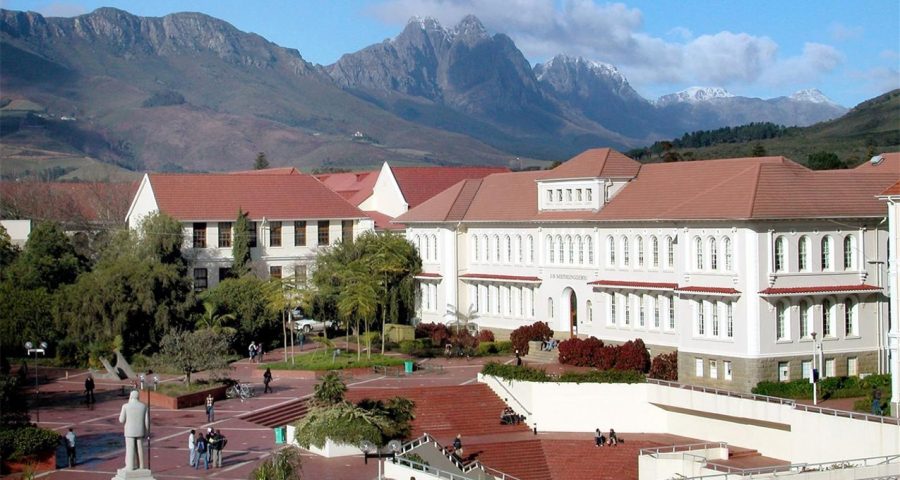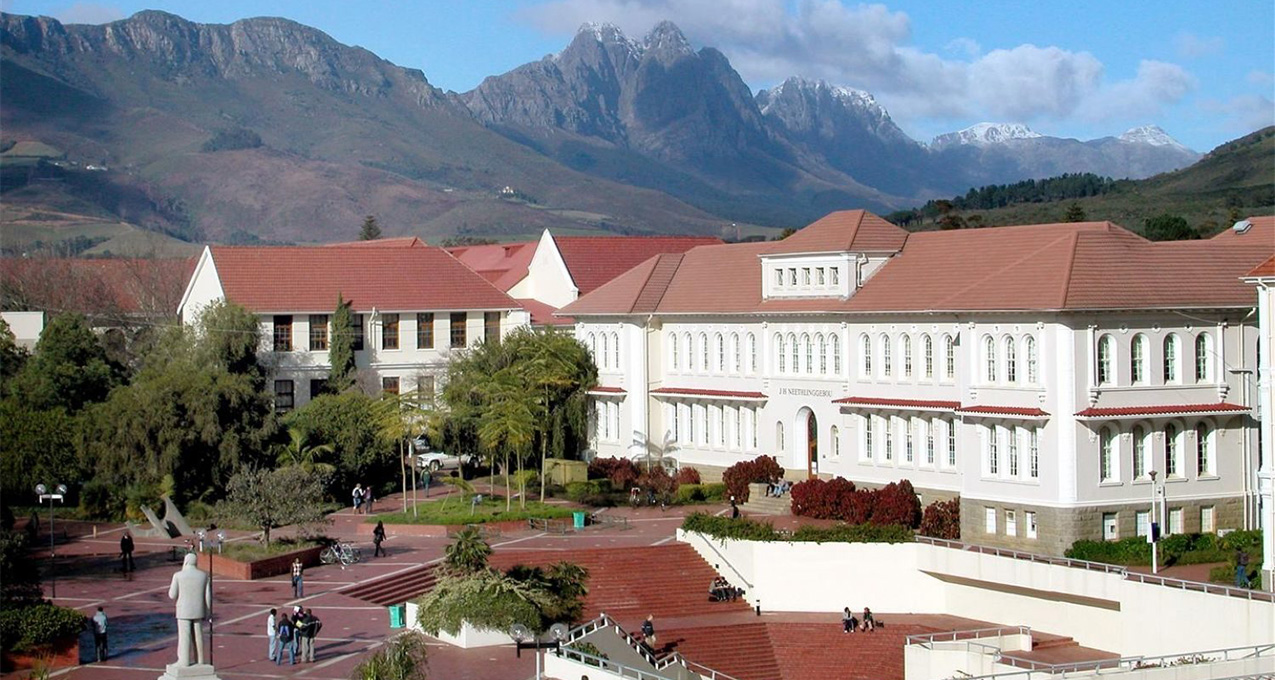
Stellenbosch University’s apology over ban on Afrikaans welcomed
Stellenbosch University (SU) has apologised to students at some residences after it was found that their rights were violated in 2021 over the ban that had been imposed on the use of Afrikaans when they were instructed to speak only English during their welcoming period. The effect of this policy was that some newcomer students […]

Stellenbosch University (SU) has apologised to students at some residences after it was found that their rights were violated in 2021 over the ban that had been imposed on the use of Afrikaans when they were instructed to speak only English during their welcoming period.
The effect of this policy was that some newcomer students were told not to speak Afrikaans in their rooms, on campus, and even on park benches. The university’s apology follows after the DA last month won its case with the South African Human Rights Commission (SAHRC) against the ban, with the Commission confirming that the ban violated the human rights of Afrikaans-speaking students to freedom of expression, language and culture, equality and human dignity.
In addition to requiring a public apology, the SAHRC recommended that additional training be provided to ensure that no student is ever prevented from speaking their language of choice, that residence leaders must be informed that no policy of “English only” may be implemented and that the university adjusts its language policy to make it explicit that no student’s language rights may be infringed upon.
The university’s apology alludes to these aspects, and the DA has indicated that they will closely monitor implementation, including the proposed change to the language policy.
Even though the SAHRC report is a very meaningful victory for language rights and welcomed SU’s apology and undertaking to right this wrong, it must be noted that reports of a similar ban on Afrikaans again surfaced during the 2023 welcoming period.
The litmus test of the university’s commitment to never allow a repeat of these human rights violations will be its ability to walk the talk. And should such unacceptable violations recur, we also hope that it will not take another SAHRC case, and over two years, for the university to take action against any person that tries to ban the use of indigenous language.
